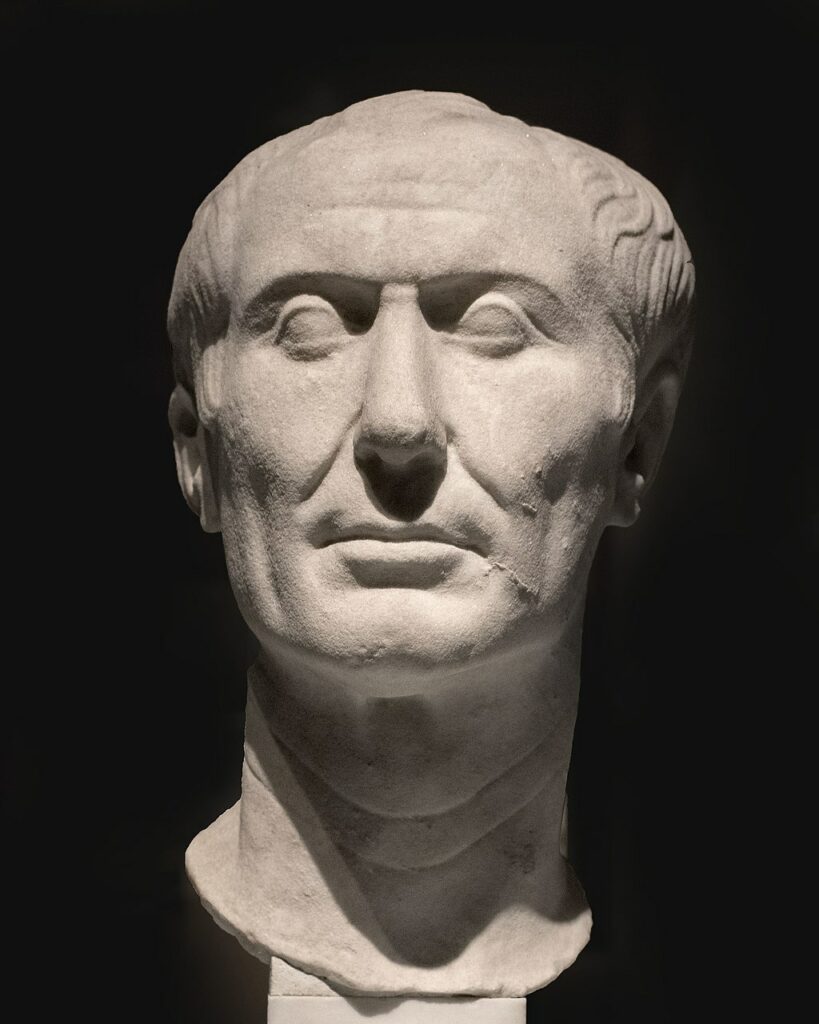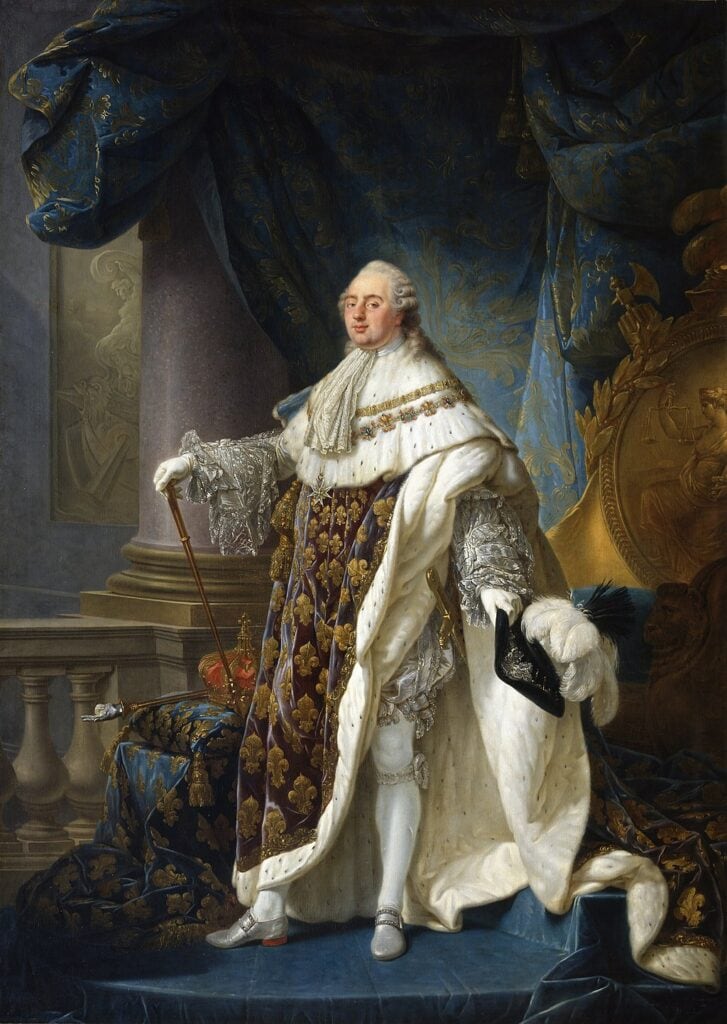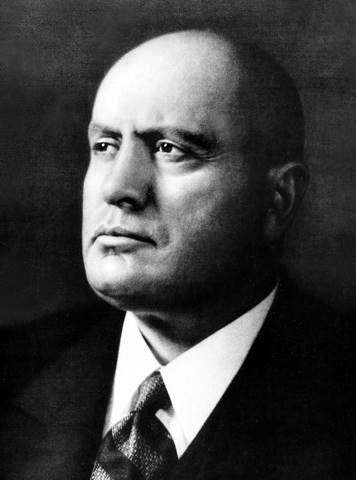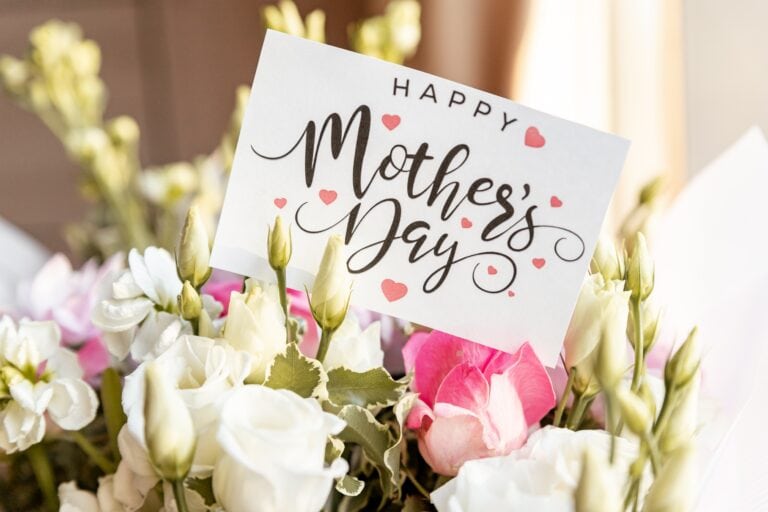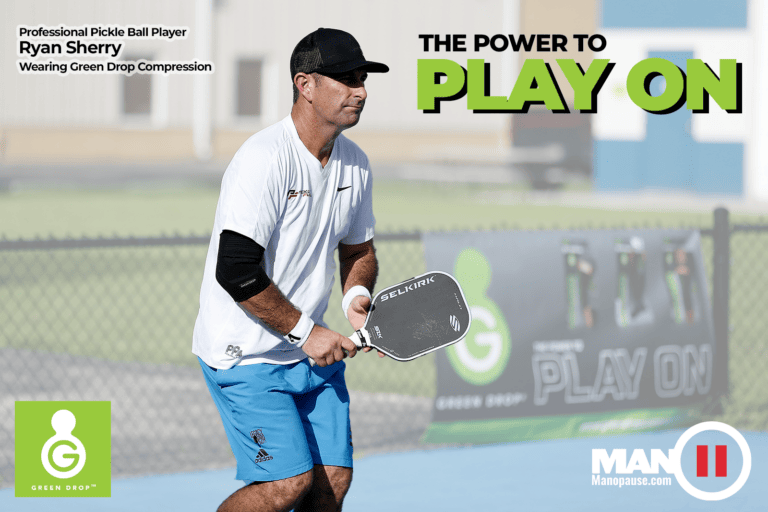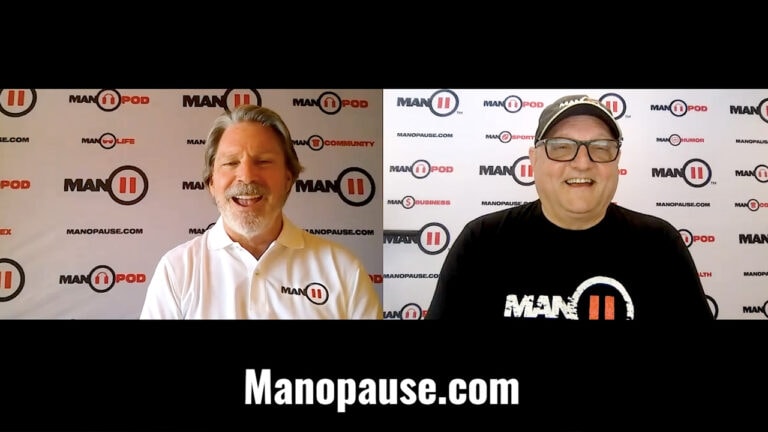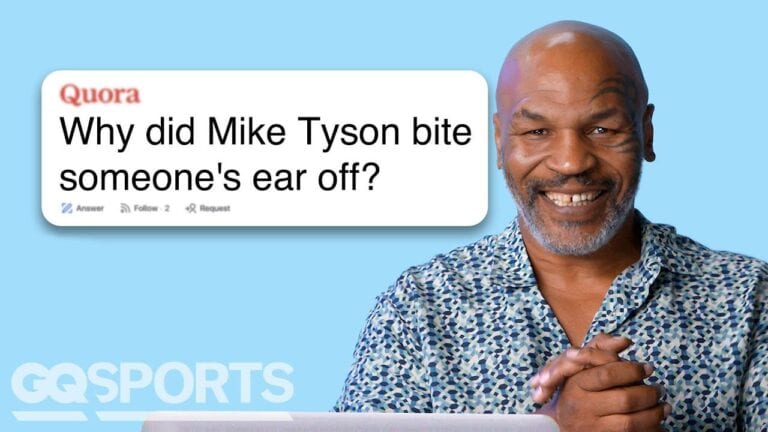Power is like a greased pig: hard to grab hold of—and often even more difficult to hold on to.
Power is fungible, not immutable. It can be replaced or redirected—and often, if not always, is.
Fact is history is littered with once all-powerful rulers who either didn’t understand power’s fungibility or were so blinded by their own limitless authority that they became incapable of reading the tea leaves that would lead to their demise.
Think Julius Caesar, stabbed 23 times by his Senate colleagues; French King Louis XVI, guillotined after being convicted by French revolutionaries for conspiring with foreign powers; or Benito Mussolini, summarily executed, then hung upside down, his body beaten and shot at by his once adoring countrymen and women.
Hyperbolic examples perhaps, but again, these were some of the most powerful people to have lived, people who held absolute sway over the very lives of those they reigned over—until they didn’t.
The lesson: Power can be taken away just as easily as it can be given, regardless of who holds it.
As a child of the 1950s and 60s, I grew up in a lower middle-class family. My father went to work in “work clothes”.
It was drilled into me from the time I could remember that I needed to pay deference to people in high places, be they police officers, clergy, anyone who had a college education or wore a shirt and tie to work, for that matter.
In short, I was taught to mindlessly respect authority figures, whether they were worthy and deserving of my respect–or not.
It took me until adulthood to realize that power can be wielded responsibly or irresponsibly, that it has no relationship to intelligence, talent or merit. That power, exercised mindlessly, destructively or immorally can lead to terrible things.
Americans are beginning to understand this. Now, perhaps more than ever, we’re beginning to question power, whether it’s exercised in government, corporate boardrooms, religious institutions or wherever.
We’re beginning to understand that the person(s) with the power doesn’t get to decide what is right and what is wrong. It is we, the people, who decide what kind of country we want to live in. Through our representatives, we, the people make the laws.
It is up to those in power—those we elect—to enact just and equitable laws, enforce those laws and live within those laws, themselves. And it is up to us, the people, to hold them accountable if they do not.
Make no mistake, power is a necessary evil. It is the bedrock upon which societies—good or bad —exist. Without “powerful people” making decisions we’d all live in absolute chaos. Some might look at our country today and say we already do.
Yet, it is we Americans who bestow power to our elected representatives via the ballot box—and so we can take it away.
“When people unite to demand democracy and the rule of law, even repressive regimes can be stopped in their tracks,” writes Rosa Brooks, co-founder of the Transition Integrity Project.
In short, you own your power. Use your power to make your voice heard through actions and deeds.
At the very least VOTE! It’s not only your civic right; it’s your civic duty.
It’s your power.
Related Posts
None found


